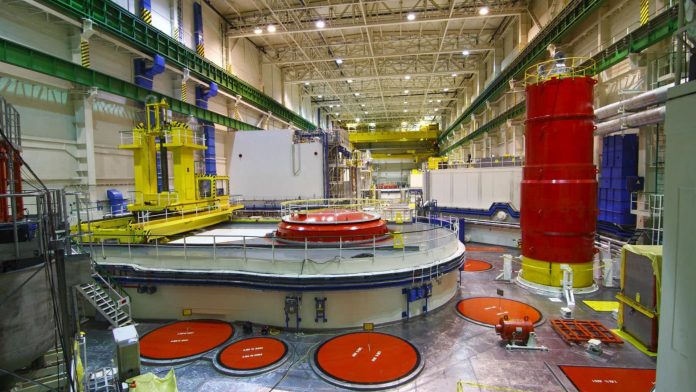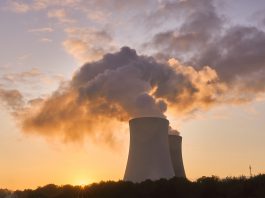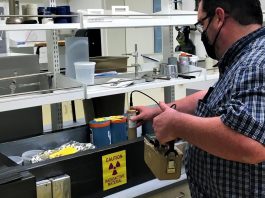With a focus on thermal ageing, the DELISA-LTO project aims to determine the most affected and threatened components of VVER reactors from the perspective of the long-term operation.
The DELISA-LTO project (DEscription of the extended LIfetime and its influence on the SAfety operation and construction materials performance – Long Term Operation with no compromises in the safety) is supported by Horizon Europe for 48 months with a total budget and European Commission contribution of €3,276,263.
The project consortium, co-ordinated by Czech partner CVŘ, has nine participating organisations coming from five different European countries (the Czech Republic, Finland, Hungary, and Slovakia) and two partners from Ukraine. The consortium is supported by the Advisory Board and Technology Transfer Board members and supplemented by an important international network (SNETP, NUGENIA, IAEA).
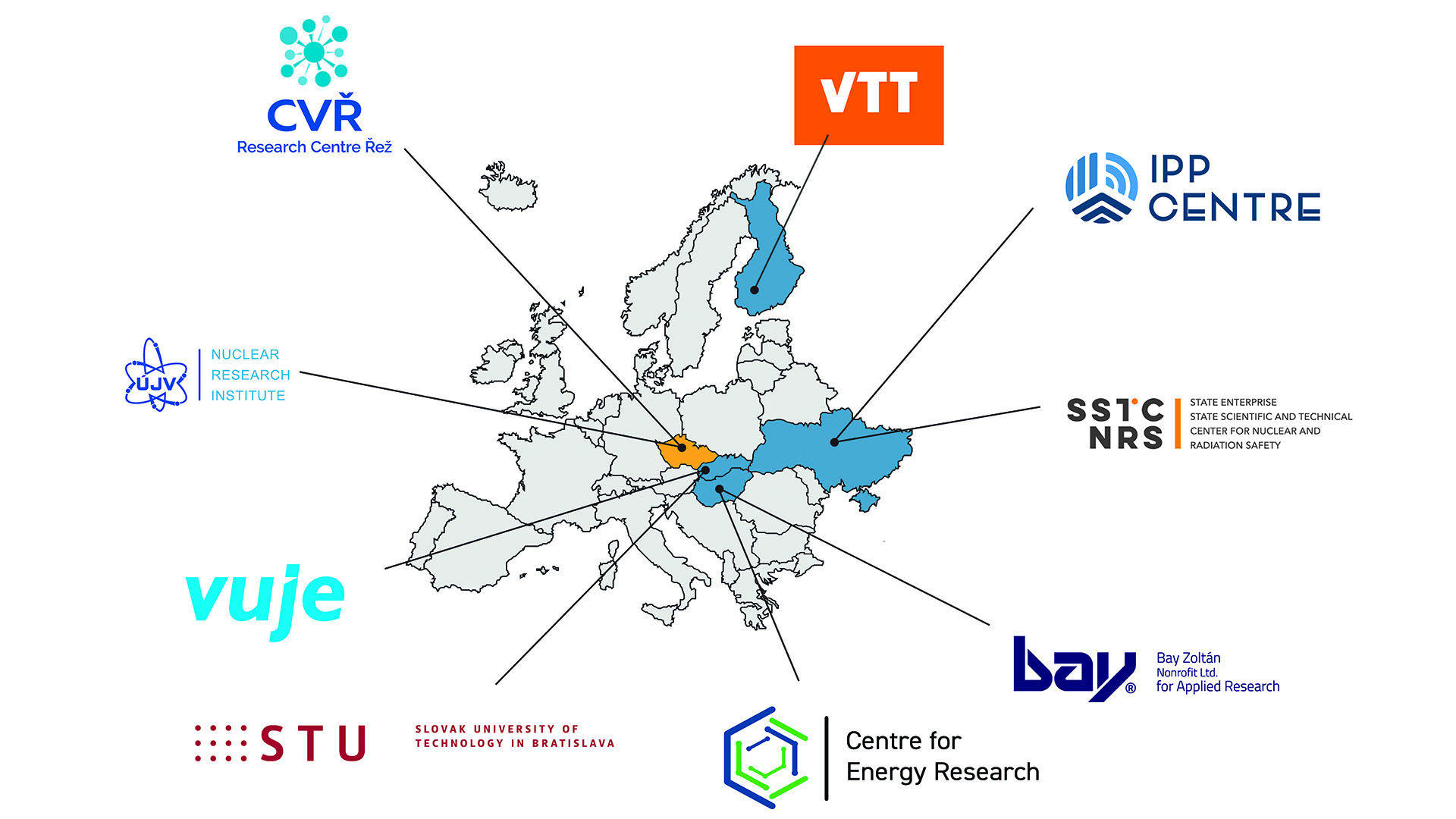
Together, they aim to determine the most affected and threatened components from the point of view of the long-term operation (LTO). The project also seeks to describe the effect of the LTO on the material properties, as well as develop a simulation tool able to predict the non-acceptable state of the material.
The DELISA-LTO project is specifically focused on the water-water energetic reactor (VVER), and the approach is to maintain the easy transferability to other light water reactor technologies, as well.
The project consortium covers the whole VVER EU area and Ukraine. The aim was not only to obtain the project goals as technically stated, but also to foster the intensive co-operation between the countries operating the VVER reactors.
This will strengthen the relevance of generally used methodologies to this technology – which is very important from the LTO point of view and from the point of view of the effective management of decarbonisation. It is also important to the effective employment of nuclear power plants above the designed lifetime.
How is the DELISA-LTO project structured?
The DELISA-LTO project is divided into six work packages (WP).
WP1: Co-ordination
WP1 is dedicated to project co-ordination and management of all internal activities. For example, planning of the DELISA-LTO project meetings, technical co-ordination of the project, and communication between partners and with the European Commission.
WP1 monitors tasks with respect to the overall management of the project and the technical progress of the works.
WP2: Methodology and assessment
WP2 collects the consortium-wide experience and knowledge of the degradation of primary circuit components in VVER units and the skills in the testing of their material change.
The goal of WP2 is to indicate the most critical components and parts for long-term operation and to propose a methodology of material tests.
WP3: Simulation and modelling
WP3 is led by Ukrainian partner SSTC. It includes modelling and simulation of swelling and thermal ageing.
WP3 aims to understand and predict the behaviour of materials and components with different mechanical properties in different operational conditions and states that may change over time.
WP4: Experimental validation and test
WP4 creates a solid and reliable basis of experimental data to evaluate the thermal ageing of materials during nuclear power plant operation.
Results from the experiments will be used for the detailed assessment of degradation mechanisms’ effects on selected structural nuclear power plant materials and for the determination of impact on current LTO procedures and methodologies.
WP5: Synthesis of the guidelines
WP5 is analysing the existing safety guidelines for available materials that could affect safe long-term operation expected for 60 years.
Based on the theoretical knowledge and results from WP2 and WP4, improving recommendations for procedures and techniques of testing and sample preparation will be formulated and submitted to authorities and vendors.
WP6 (dissemination, communication, and training)
WP6 (dissemination, communication, and training) includes dissemination and exploitation of results to the general public and professionals. This is an important issue within the implementation of the DELISA-LTO project.
WP6 will also support the transfer of knowledge to a new generation of technicians through effective education, training, and organising of workshops.
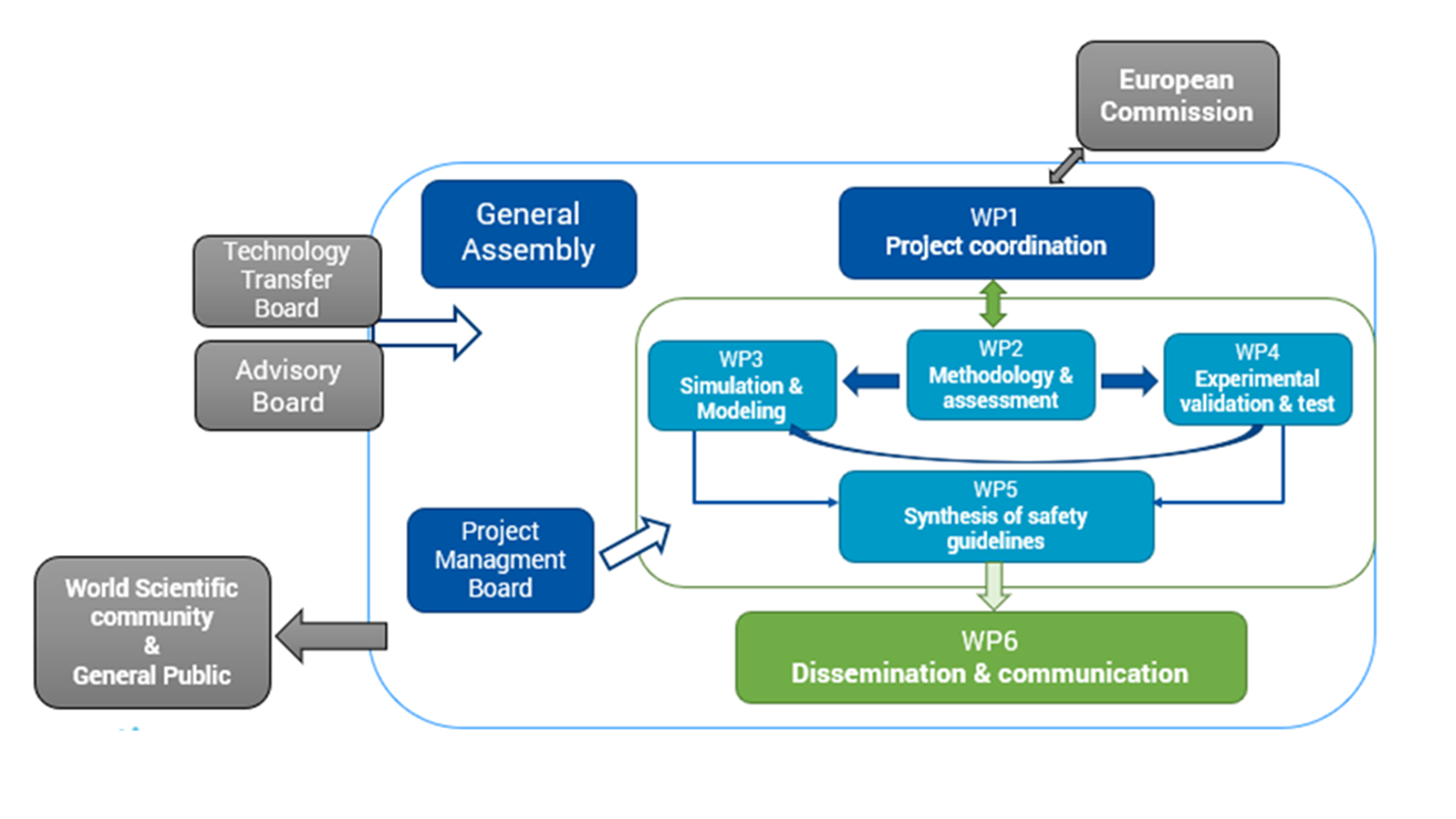
The project’s main achievements in the first year
Materials available for investigation within the DELISA-LTO project were selected. The investigated material was gained from the Slovak V1 unit after 28 years of operation in VVER-440, the Hungarian Paks nuclear power plant after operation between 24 and 32 years in VVER-1000, and the Ukraine nuclear power plant after 30 years of operation in VVER-1000.
The cutting scheme of the investigated materials for individual laboratories is due to be finalised in December 2023.
Creating a reliable basis for experimental activities
With the aim to harmonise the testing procedures and specimens’ preparation techniques between participating laboratories and scientific institutions and to enable the solid comparability of experimental outputs generated within the project, a reliable basis for experimental activities was created within WP4.
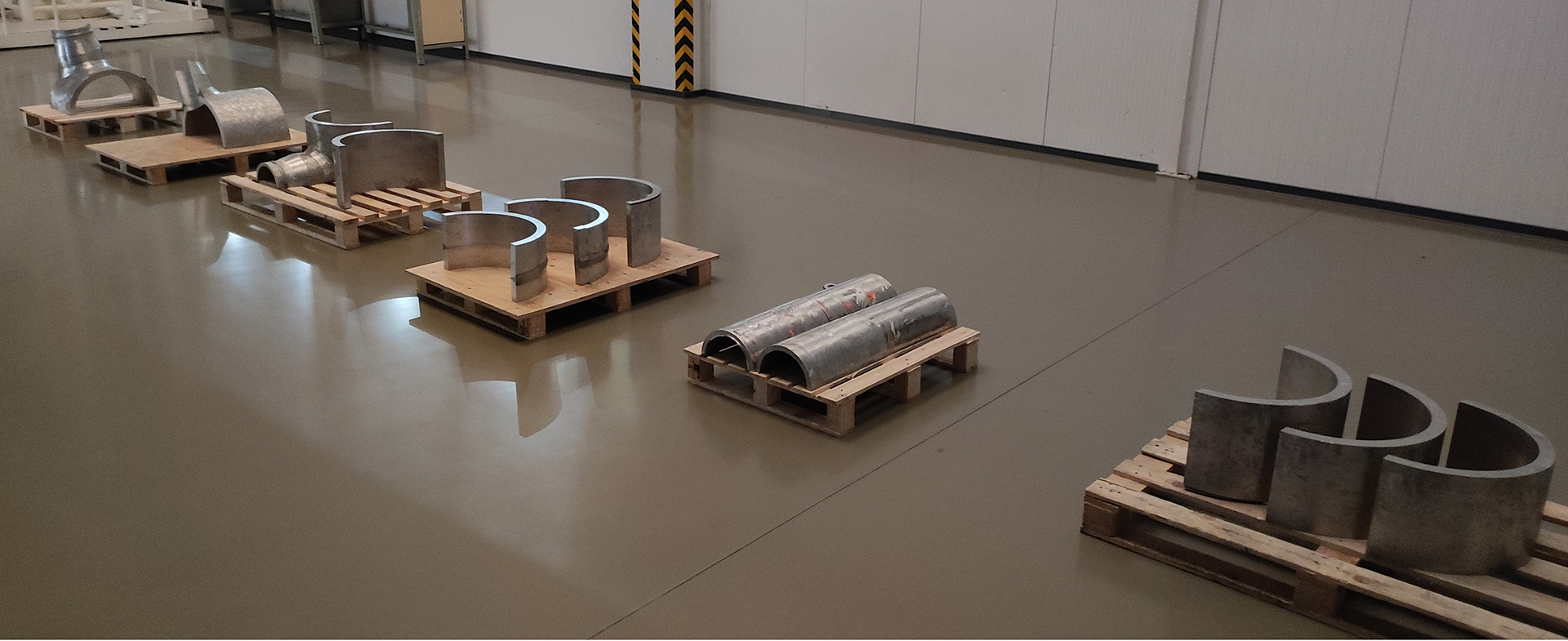
An experimental matrix, including selected experiments and methods, priorities, preferences, and testing capabilities of all participating laboratories, was developed. This helped to summarise matrix framework of test materials that develop a detailed system of experimental interlaboratory studies.
Spreading knowledge to young professionals
The French-Czech-Slovak Winter University 2023, under the auspices of the DELISA-LTO project as well as the French Embassy in Slovakia and the Czech Republic, was organised from 6-10 February 2023 in Kočovce, Slovakia.
The workshop was prepared by the Slovak University of Technology in Bratislava, within the DELISA-LTO project funded by the European Union, with the aim to spread knowledge from this field to young professionals.
The workshop included:
- 23 participants from three countries – Slovakia, Czech Republic, and Hungary;
- 14 experts in nuclear and material engineering from France, Czech Republic, and Slovakia;
- 20 lectures about material degradation and long-term operation of nuclear power plants;
- One technical visit of NPP-V1; and
- A discussion about nuclear techniques.
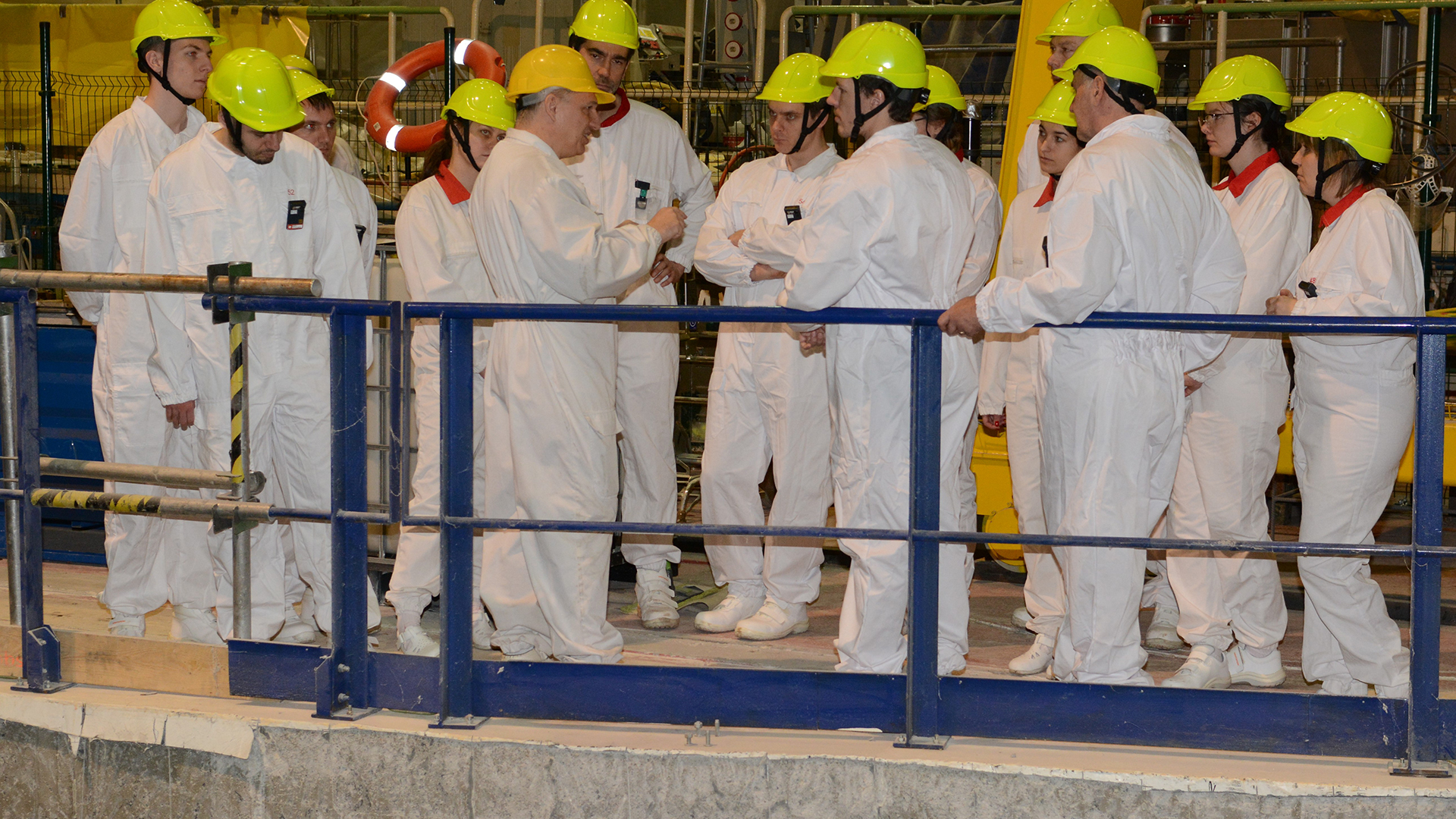
References
- V Slugen et al., Positron Annihilation Study of RPV Steels Loaded by Hydrogen Ion Implantation Materials 15 (2022) 7091.
- O Srba, Long term operation (LTO) current research directions, Presentation at 8th International Conference VVER 202, Session 4: LTO and maintenance, R&D, Řež Czech Republic, 10th 11th October 2022.
- V Slugen, Advanced studies of irradiated VVER steels degradation, Presentation at 8th International Conference VVER 202, Session 4: LTO
and maintenance, R&D, Řež Czech Republic, 10th 11th October 2022.
Please note, this article will also appear in the fifteenth edition of our quarterly publication.

